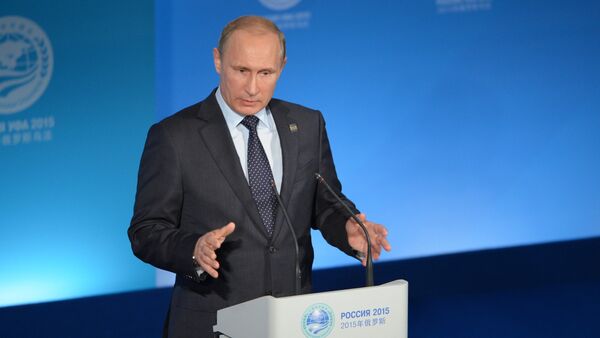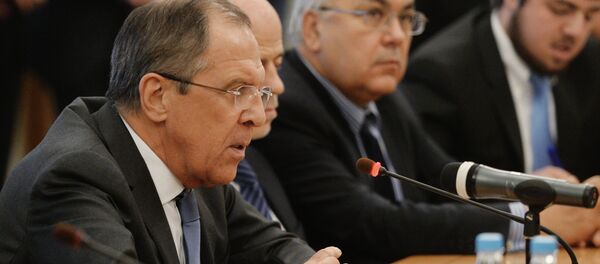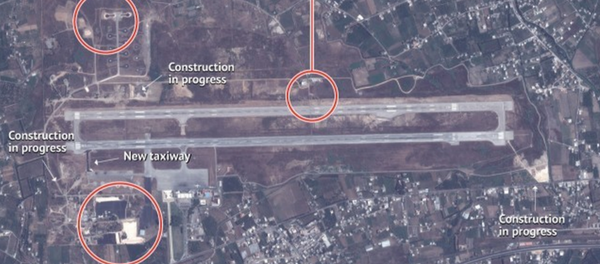Although Syria is a mess that cannot be sorted out easily (thanks to the US-supported 'Arab Spring' and the ensuing civil war), there are practical ways of preventing Islamic extremists from overrunning the country.
Bringing stability and security involves engaging Russia and Iran in the process, as well as arriving at a power-sharing agreement, under which Bashar al-Assad will not be forced to resign, American investigative reporter Robert Parry noted.
The United States still has trouble accepting this sound approach.
"Official Washington's 'group think' still holds that Syrian President Bashar al-Assad 'must go,' that US diplomats should simply deliver a 'regime change' ultimatum not engage in serious compromise and that the US government must obstruct assistance from Russia and Iran even if doing so risks collapsing Assad's secular regime and opening the door to an al-Qaeda/Islamic State victory," Parry explained.
Should this happen, Americans will resort to the usual blame game.
"There will be lots of finger-pointing splitting the blame between President Barack Obama for not being 'tough' enough and Russia's President Vladimir Putin who has become something of a blame-magnet for every geopolitical problem," the investigative journalist pointed out.
Interestingly, this appears to run contrary to Obama's personal views on the matter. Probably, because he seems to be aware of the fact that "the best-laid plans of America's armchair warriors quite often go awry," as Parry put it.
"Privately, I'm told, Obama agreed to – and may have even encouraged – Putin's increased support for the Assad regime, realizing it's the only real hope of averting a Sunni-extremist victory. But publicly Obama senses that he can't endorse this rational move," Parry observed.
Meanwhile, Moscow is making every effort to find a mutually acceptable solution to the Syrian crisis.



